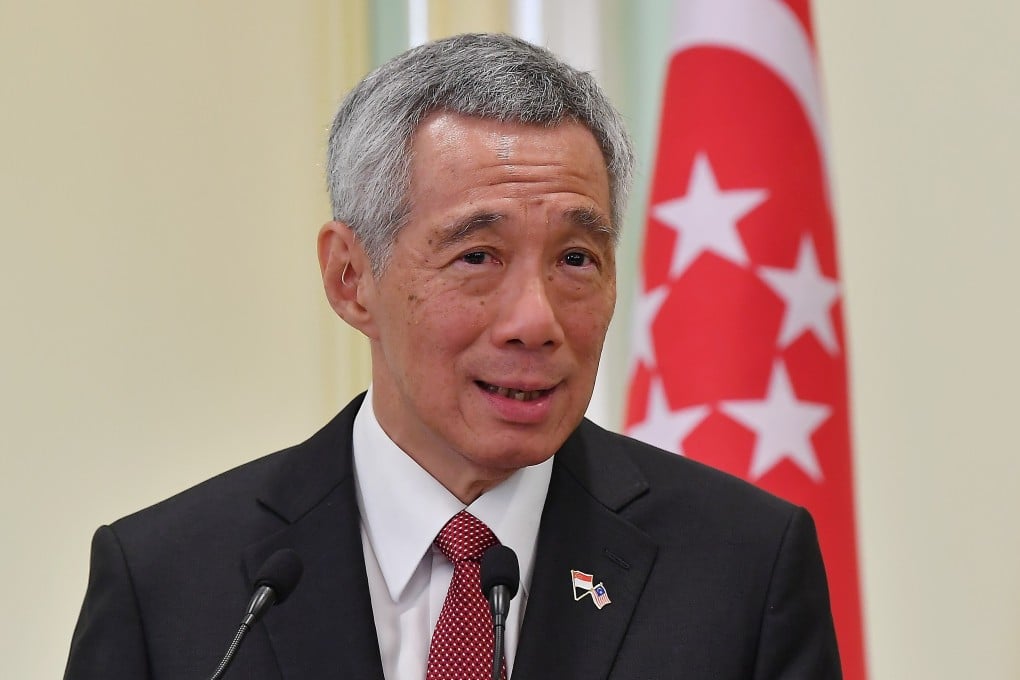Advertisement
Singapore PM says global anxiety over Beijing’s decisions is ‘not in China’s interest’
- Lee Hsien Loong, in a BBC interview, says China’s positions have won it some friends but also caused tensions with major powers
- The US and China will need to co-exist in Asia or else they – and the region – will be ‘in for a hard time’
Reading Time:5 minutes
Why you can trust SCMP
99+

China’s decisions and foreign policy positions have given rise to “significant” uncertainty and anxiety as countries globally assess their implications, and this is not an ideal situation for Beijing, Singapore’s Prime Minister Lee Hsien Loong has said.
Lee was speaking in an interview with British broadcaster BBC recorded two weeks ago and aired on Sunday, before Beijing on Thursday confirmed it would move ahead with the biggest overhaul of Hong Kong’s electoral system since the city returned to Chinese rule in 1997.
Under new legislation passed by the National People’s Congress, an election committee that currently oversees the election of Hong Kong’s chief executive will be given additional authority to nominate legislative candidates, as part of the central government’s move to ensure only “patriots” can rule the city.
Advertisement
The move was denounced by Western nations including Britain, which said China was now in “a state of ongoing non-compliance” with the 1984 Sino-British Joint Declaration to determine Hong Kong’s future after 1997.
The United States has said Hong Kong’s situation would feature in “difficult discussions” that Washington would have with Beijing in a bilateral meeting this week. US Secretary of State Antony Blinken and National Security Adviser Jake Sullivan will meet China’s top ranking diplomat Yang Jiechi and Foreign Minister Wang Yi in Alaska on Thursday.

01:55
Top US and China envoys to meet in Alaska, White House confirms
Top US and China envoys to meet in Alaska, White House confirms
Lee said it was not possible to judge the domestic pressures that had led China to make the decisions it made.
Advertisement
Advertisement
Select Voice
Select Speed
1.00x